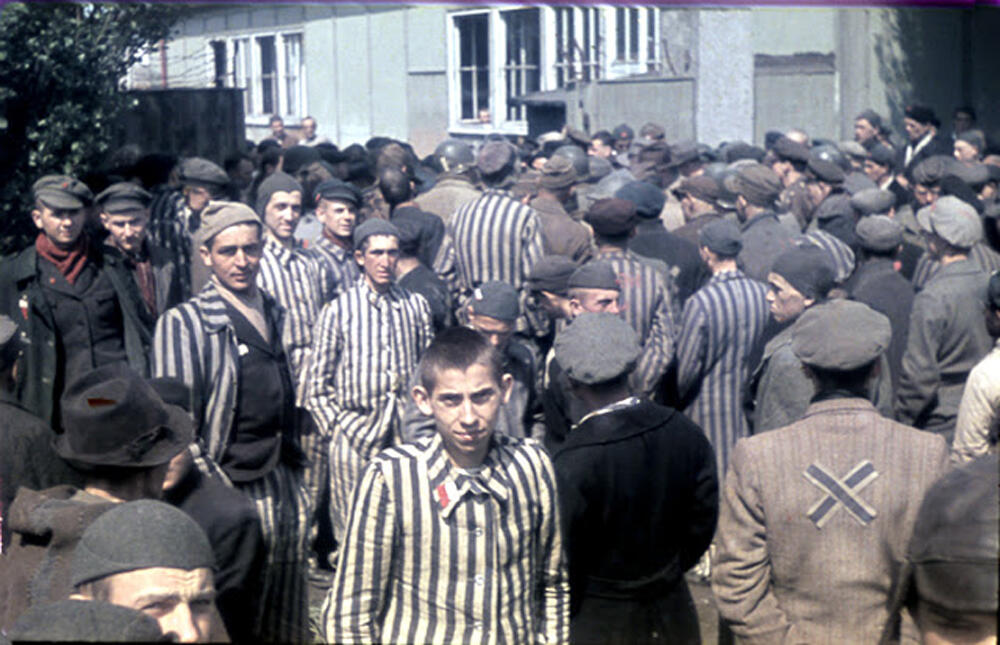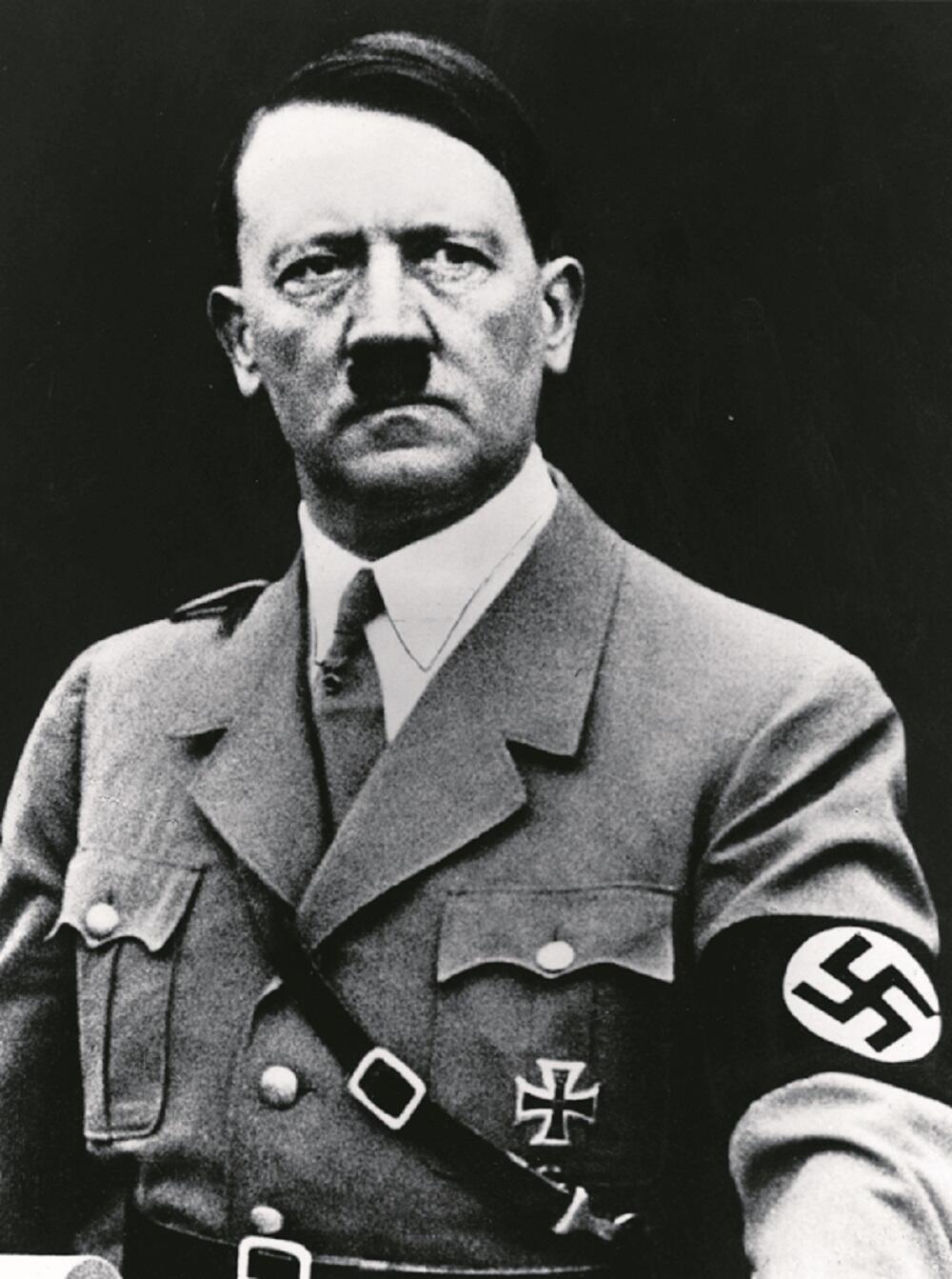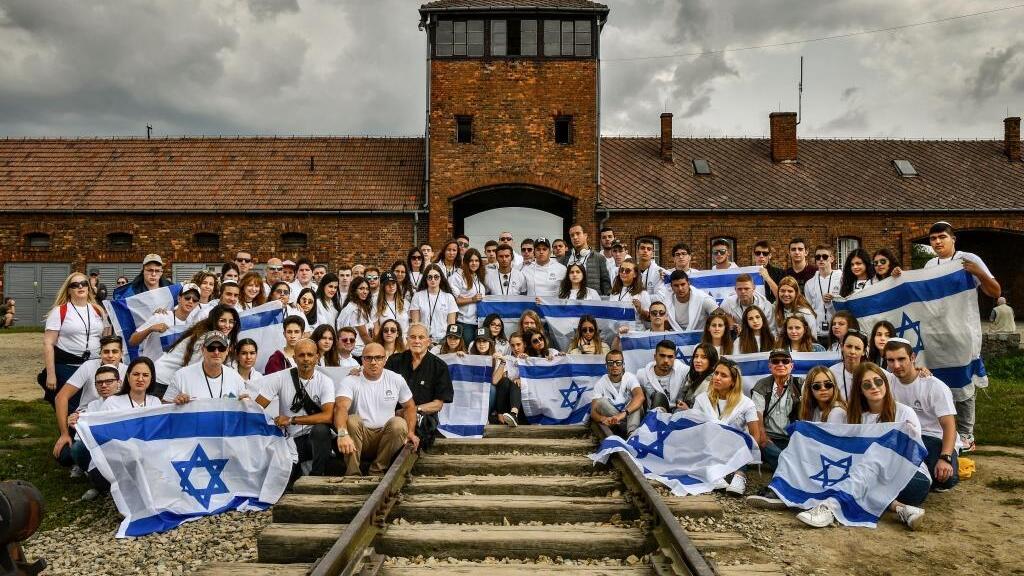The Israeli anger surrounding the agreement to renew youth trips to Poland stems from Warsaw’s stubborn desire to require Israeli schools to include more content related to the suffering of Polish Christians under Nazi occupation.
Related stories:
This desire was met with no less stubborn opposition from the Israeli side, which demands that the trips be limited to visits to concentration camps and Jewish historical sites. So, here's a solution to the conflict: Instead of Poland, the youth trips will instead head to Germany.
There are concentration camps and other sites on German soil including Bergen-Belsen, Dachau, Buchenwald, and Sachsenhausen. While the Nazis didn’t build extermination camps there, hundreds of thousands still met their deaths in the German camps, most of them Jews.
A trip to these sites, culminating in a quiet march of flag-waving Israeli youth along Unter den Linden in Berlin, could achieve the goal just as effectively as trips to Poland.
But I'm realistic: it seems unlikely that such a change in location will be realized soon. Something strange is happening to Israelis, and as a result, also to the Jewish diaspora, regarding the memory of the Holocaust.
This change be defined as follows: sites of Jewish extermination have become more important than the identity of the murderers. Poland, where most of the Nazi crimes of the Holocaust took place, gradually took the blame, while the crimes’ source – Berlin - became dear to Israelis as a place of culture, tourism, pleasure, and even permanent living.
In Berlin, the Holocaust’s memory wears elegant, sophisticated, and artistic faces. These represent the process that German society, at least its Western part, has undergone in the decades since the end of the Nazi regime.
Repentance, compensation, and unwavering support for Israel attest to a profound and genuine change, that anyone who’s acquainted with today’s German youth can testify to. And still, the overly quick transition from hesitant forgiveness to a public display of affection and love should be questioned.
Two central mechanisms are behind this anomaly. The first, as is familiar to anyone dealing with trauma, is related to the paradox according to which the guilt of the observer, the one who knows and was obliged to do something but didn’t, is much greater than the guilt of the criminal himself.
The criminal is often seen as one whose evil snatched his soul and left us helpless to argue against, while the one observing is a human being who doesn’t intervene because he surrenders to his fears. The second mechanism is related to the transfer of anger from one thing to another, which can happen for many reasons.
If we fit these mechanisms into Israel’s international relations, we can see how we made Poland into the constant punching bag for the Holocaust’s atrocities, and how we projected onto them the hatred that was supposed to be preserved for the Germans "for generations to come", and how this projection enabled Israel’s reconciliation with Berlin.
In my youth, in the 1970s, it wasn’t uncommon to hear people swear that they would never set foot in Germany – in a way that conveyed they were trying to speak not only for themselves but on behalf of all of the victims and the Jews living in Israel.
Fifty years later, this oath is no longer binding, but the anger is still there, transferred and being sustained by Israeli society. It merely shifted its target slightly.
The current Polish demand isn’t to deny the Holocaust but to recognize its complexity. It can’t be denied that Poland itself was conquered by Germany and suffered greatly under occupation, just as it can’t be denied that not too long ago, Berlin’s streets were adorned with swastika flags.
A mature emotional state is characterized primarily by the ability to hold complex truths - both internal and external - and to give up the black-and-white view of good and evil, as such a dichotomy must require us to ignore parts of reality.
While each of us as individuals makes our own journey towards such an integrative state, we have yet to reach it as a nation. Perhaps a significant change in youth trips to Poland will be a first step in that direction.




